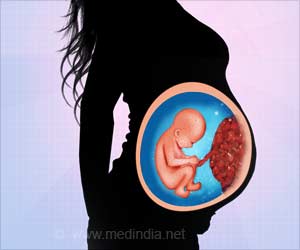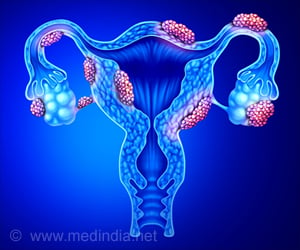Fertility issues in women may accelerate with exposure to stress resulting in low ovarian reserve, according to a study conducted by a medical center.

Mental Health and Homelessness
“Our study found that homeless adolescents experienced significantly worse mental health and more substance use than their housed counterparts. The U.S. is facing a youth homelessness crisis, which will only be exacerbated by challenges presented by the COVID-19 pandemic, including parental deaths, housing evictions, and worsening poverty. We need to implement policies and interventions that improve broad health, social, and educational outcomes among homeless adolescents, and perhaps more importantly, prevent and end adolescent homelessness altogether,” says corresponding author Rishi K. Wadhera, Harvard Medical School.‘Fertility issues in women may accelerate with exposure to stress resulting in low ovarian reserve according to a study.’





“The burden of homelessness falling disproportionately on Black, Hispanic, and LGBTQIA+ individuals, which reflects enduring structural injustices such as racism, homophobia, and transphobia in the US. We need to do a better job of identifying these students and connecting them to evidence-based interventions such as stable housing and mental health support,” says first author Michael Liu, Harvard Medical School.
Source-Medindia














